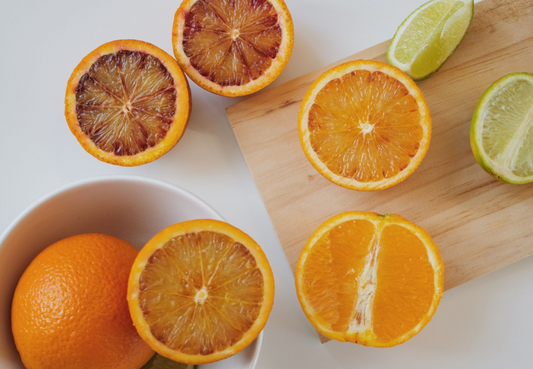Collection: Mantain a Healthy Lifestyle with Zenement

Nootropics And Their Power In Cognitive Health: What Are They...
Have you ever felt like you needed a little boost to help you focus better or remember information more easily? If so, you may be interested in learning more about nootropics and their benefits for cognitive health.
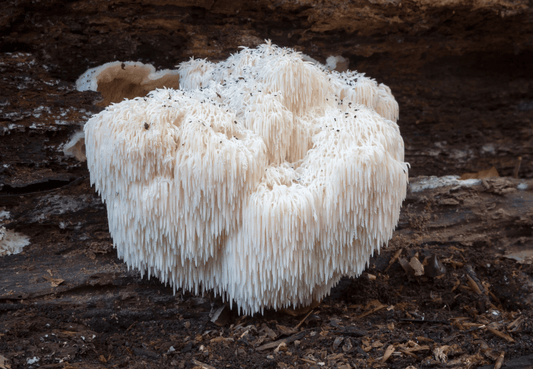
Discovering Lion's Mane: The Medicinal Mushroom That Improves Cognitive and...
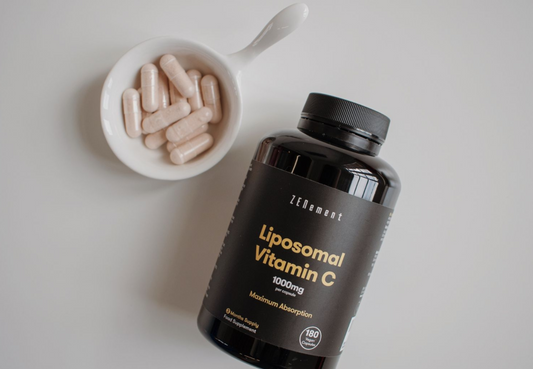
All you need to know about Liposomal Vitamin C supplements

Which Minerals Are Essential for a Healthy Life?
Minerals are substances that our bodies can absorb if they are in bioavailable chemical forms, such as bisglycinate or citrate salts. They play important roles in our health, from strengthening bones to transmitting nerve impulses, helping, as a whole, the complex machinery of our body to function properly.

Increase Your Well-being: How to Combine Food Supplements to Boost...
Have you heard about how 1+1 can be much more than 2 in the world of nutritional supplements? That's thanks to the magic of synergy. At Zenement, we want you to know the smart power of combining our products to increase their benefits, thanks to their joint action on our body's biochemistry.

The importance of a good gut microbiota
The intestinal microbiota is the set of living microorganisms that inhabit our digestive tract, mainly the intestine. The best known are bacteria, but we also have fungi and even viruses.

Discover the Power of Liposomes: Liposomal Vitamin C and Liposomal...
Today, we invite you to explore the world of liposomes, microscopic spheres that can be loaded with active ingredients and used as a vehicle so that they can be absorbed more effectively by our bodies. They are making a huge impact in the cosmetics and pharmaceutical industry, including the food supplement field. But what makes liposomes so special in this field?

Stress and Cortisol: Tips and Food Supplements to Help You...

Do You Know the Different Formats in Which Food Supplements...

Sleep and Science: An Approach to Circadian Rhythms
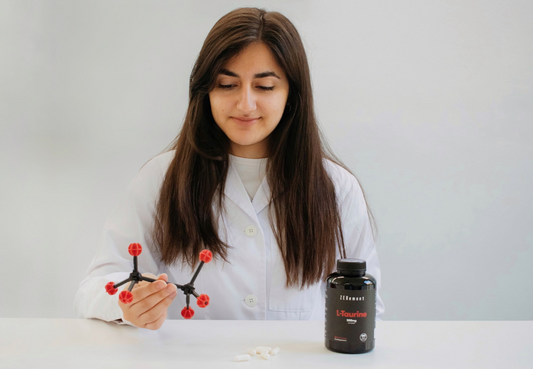
L-Taurine and its Rejuvenating Properties According to Science
Scientific advances never cease, and in recent years L-Taurine has taken center stage in the anti-aging field. By protecting cells from oxidative damage and improving cell function, it is believed that L-Taurine may play a role in preventing early signs of ageing and promoting a healthier life, which recent studies are beginning to show.

Spirulina: the food supplement already used by NASA astronauts
Have you ever wondered what astronauts eat when they are in space? Well, one of the foods they eat is spirulina, an algae that has been the subject of numerous scientific studies due to its impressive nutritional content. We invite you to learn more about its origins, its nutritional composition, and its health benefits, which have been studied and recognised by the scientific community.
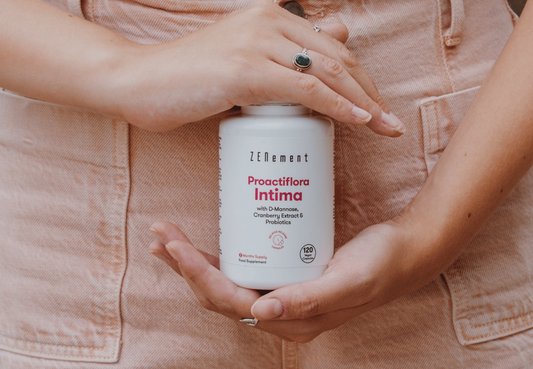
Understanding Women's Health at Each of its Stages
Women's health is unique. Unlike men, women go through a series of physical and hormonal changes throughout their lives: from menstruation through pregnancy to menopause. These changes, although natural, involve different nutritional needs at each stage of a woman's life.

Going Beyond the Memory: Practical Tips and Supplements for Better...
Our brain's ability to encode, store, and retrieve information is called memory. But do you know how it works? Human memory is very complex. One reason is that it is associated with several areas and segments of the brain: the hippocampus (which is involved in the formation of memories), the prefrontal cortex (which is involved in working memory), and the temporal lobe (which is involved in long-term memory).
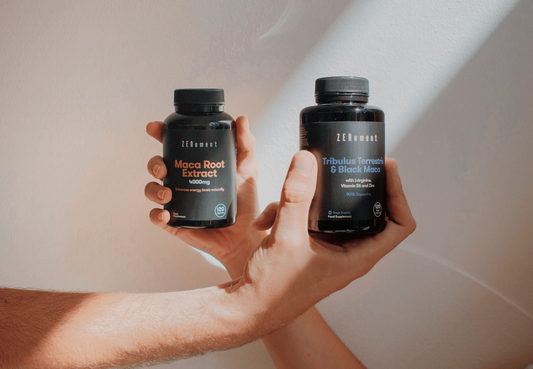
Tribulus and Maca: Why they are different and which one...
Maca and tribulus are two plant extracts commonly used in food supplements. Both supplements aim to improve both male and female health, with a particular role in increasing libido and energy. But what are their differences?
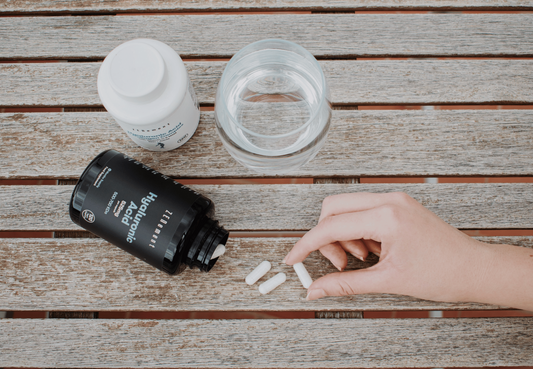
Don't Overlook: Proper Hydration as a Source for Wellness
There is one aspect of our daily lives that we often don't pay enough attention to: our hydration. This is an essential aspect of our health and well-being, but it is surprising how much we overlook the importance of what we drink, and how our choices in this regard can have a significant impact on our bodies.

Skin Care and Tanning: The Carrot Myth
With the arrival of the summer and beautiful sunny days, it is inevitable to think about that tan we are all looking for. But is it actually true that certain foods, such as carrots, can help change the tone of our skin?

Supplements for Travellers: Protection and well-being during your adventures
Travelling can be an exciting experience, but it can also be a challenge for our bodies. Time zone changes, long walks, sun exposure and dietary variations can affect our health and well-being. In this article, we will examine some food supplements that can be beneficial for travellers.
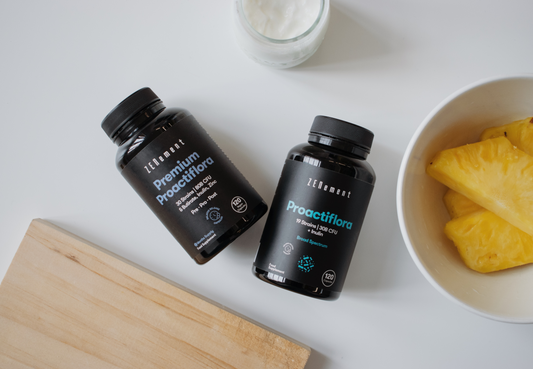
Proactiflora and Proactiflora Premium: Identifying the Best Probiotic for Your...
The intestinal microbiota, also known as gut flora, is a complex ecosystem of microorganisms that reside in our digestive system. These microorganisms perform essential roles in processes such as digestion, nutrient absorption, and regulating the immune system.

Nutricosmetics: what it is, benefits, and recommended supplements
Have you ever heard about the "promoting beauty from within" concept? This trend has been on the rise for years. With this idea we refer to the clear impact that our diet has on our health, and therefore on our physical appearance (especially that of our skin, nails, and hair). From this concept nutricosmetics was born, which combines personal care with nutrition to help us improve our physical appearance in a healthy way.

6 tips to boost your antioxidant levels
Antioxidants are substances that protect us against oxidation by free radicals, thereby preventing them from damaging our cells. It is very important to reinforce our natural antioxidant systems through diet, certain healthy habits or through supplementation.
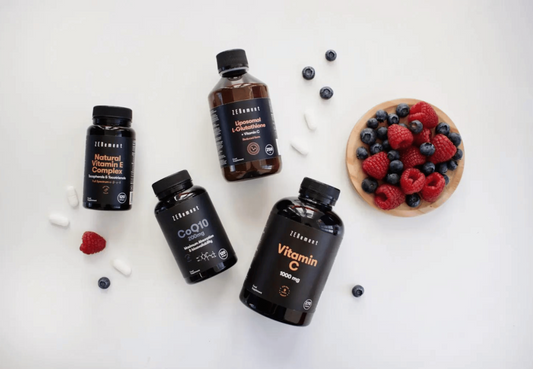
What are antioxidants and how do we classify them?
In our daily life we are continuously exposed to both exogenous and endogenous agents. These are internal or external harmful substances that promote free radical formation that damage our organism. To counter this threat, cells have developed antioxidants, mechanisms that prevent or delay this damage.

Why you should include supplements in your daily routine if...
If you are just getting into the world of sport you may have heard that supplements can help you improve your physical performance but you may not quite understand which one is most suitable for you and your sporting routine. In this post we will try to shed some light on some of these common doubts.

